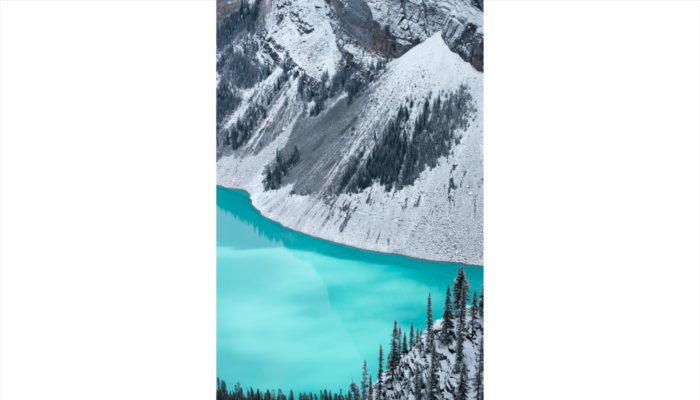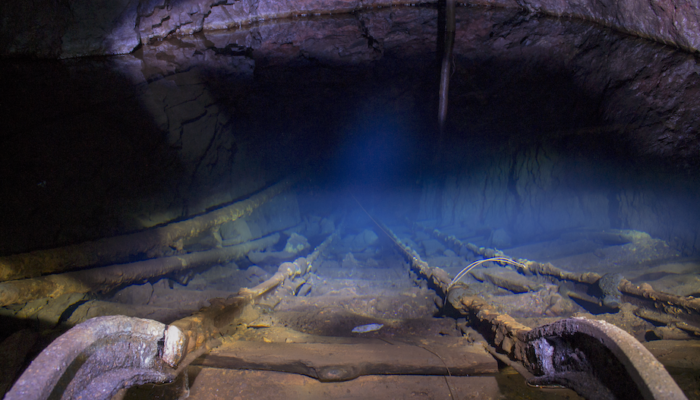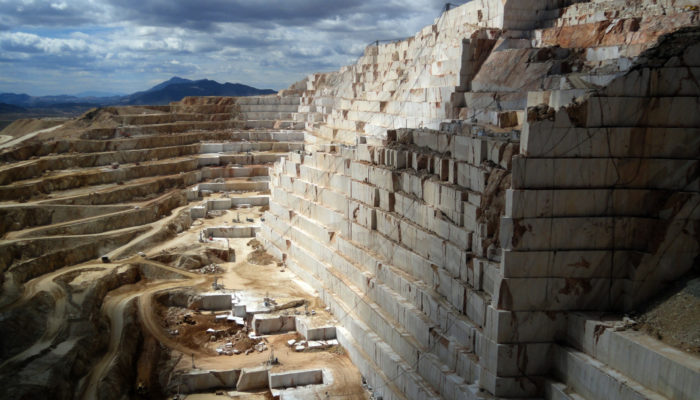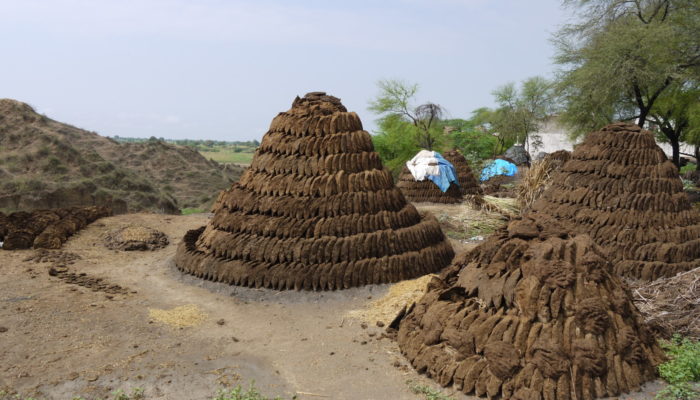The waters of Lake Lousie in the Canadian Rockies are cold and fresh, supplied direct from the glaciers nestled in the mountains, but as the water from the glacier melts it carries with it tiny particles of rock dust that are also transported into the lake. As you can see in this image, the particulate rock matter, held in suspension in the lake, creates this beautiful pale turquoise colour, that ...[Read More]
Imaggeo On Monday: Rock flour in suspension in Lake Louise




